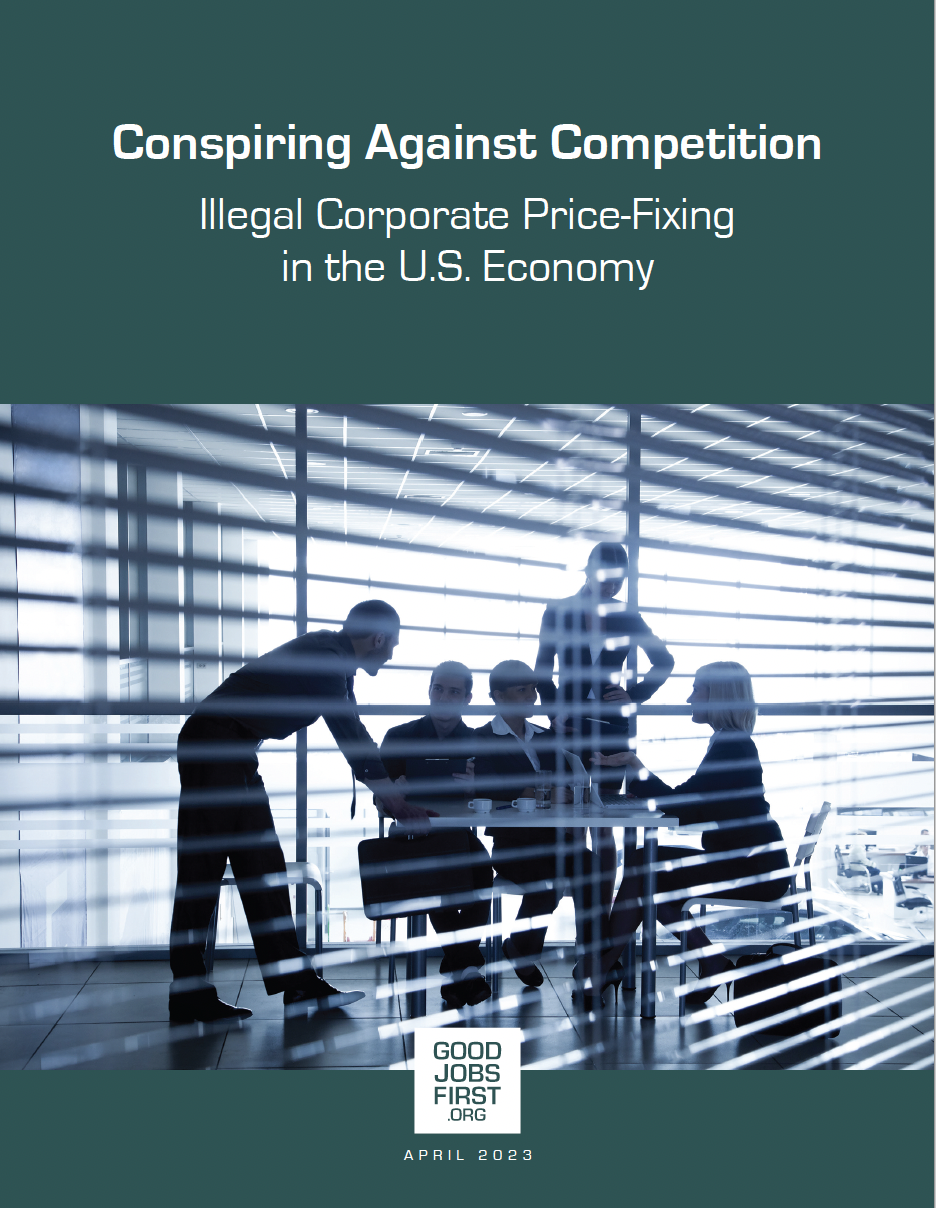
For the past decade, Johnson & Johnson has symbolized the deterioration of a well-regarded consumer products corporation into the target of multiple lawsuits over alleged disregard for product safety. Now another familiar company is following the same path.
3M, best known as the producer of Scotch Brand adhesive tape and Post-it sticky notes, has been embroiled in two major lawsuits that will probably result in the payment of billions of dollars in settlements. The litigation does not involve office supplies but rather two of the thousands of other products produced by a company originally known as Minnesota Mining and Manufacturing Company.
In one of the cases, 3M has been sued by some 250,000 military veterans who accuse the company of producing foam earplugs that failed to protect them from service-related hearing loss. This stems from a 2018 False Claims Act case brought by the U.S. Justice Department in which the company paid a penalty of $9.1 million. Last year, in what is called a bellwether case, a jury awarded a single plaintiff $50 million in damages.
In an attempt to limit its wider liability, 3M filed for bankruptcy for the subsidiary, Aearo Technologies, that produced the earplugs. Lawyers for the plaintiffs cried foul, and earlier this month a federal bankruptcy judge dismissed the filing, calling it premature. 3M is appealing the dismissal, but the Wall Street Journal reports that the company is in settlement talks.
3M is also said to be deeply involved in negotiating a settlement of its other major legal woe: lawsuits accusing the company of being responsible for the contamination of water supplies with per- and polyfluoroalkyl (or PFAS) chemicals used in the production of its firefighting foam. These substances, which have been linked to numerous adverse health effects, have become known as forever chemicals because they do not break down in the human body or the environment.
A federal judge in South Carolina, where the PFAS cases have been consolidated, recently halted a bellwether trial after the parties in the wider litigation reported that a settlement seemed imminent. This was just after DuPont and its spinoff companies Chemours and Corteva announced they had agreed to pay more than $1 billion to settle their own PFAS cases.
3M’s record apart from these two cases has not been entirely unblemished. In 2018 the company paid $850 million to the Minnesota Attorney General’s office to settle allegations that its disposal of perflourochemicals, or PFCs, over many years had damaged drinking water and natural resources in the Twin Cities area.
It has also been accused of antitrust violations. In 2006 the company paid over $28 million to settle litigation alleging it monopolized the market for adhesive tape. In 2011 3M paid $3 million to settle an age discrimination case brought by the Equal Employment Opportunity Commission. Violation Tracker contains more than 100 other penalties the company has paid in environmental, workplace safety, and employment cases.
With the earplug and PFAS cases, it appears that the company’s aggregate penalty total will soon reach a much higher level. 3M is going to have to sell a lot more Post-its.
Update: Plaintiffs’ attorneys reported that 3M has agreed to pay over $12 billion to public water systems to resolve the PFAS litigation.









You must be logged in to post a comment.